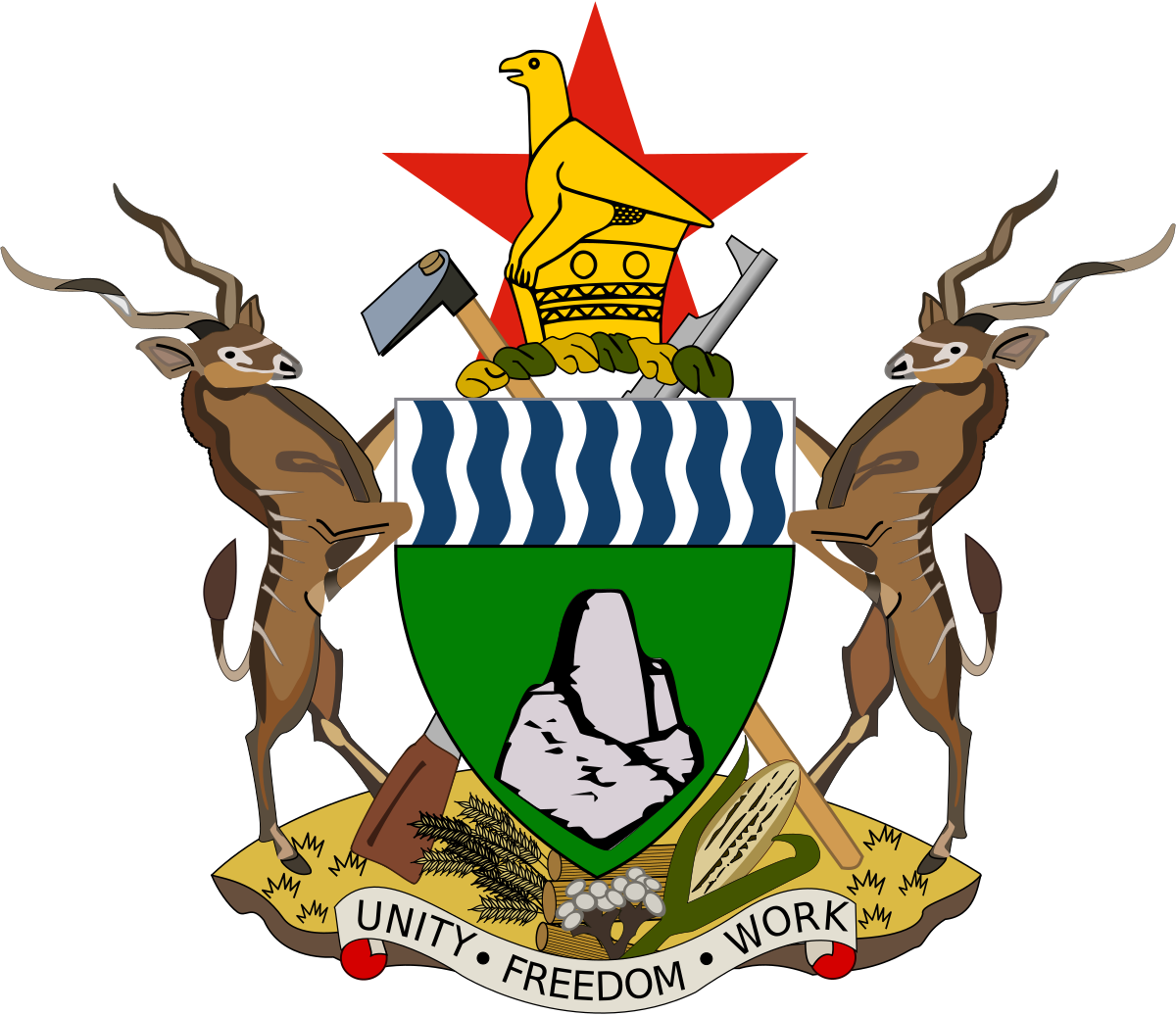Government to bring 10 000 children back to school
Share

KWEKWE — The government, in collaboration with its development partners, has facilitated the return of over 10 000 children to schools.
One of the key initiatives introduced by the government is the Basic Education Assistance Module (BEAM), which provides safety nets for vulnerable children, some affected by the Covid-19 shocks.
BEAM offers financial support to families, enabling them to cover school-related expenses such as fees, uniforms, and learning materials. This will alleviate the financial burden on parents and guardians and creating an enabling environment for children to return to their educational pursuits.
Furthermore, the government has urged schools to take proactive measures to sustain their operations without placing excessive financial strain on parents and guardians. Schools have been encouraged to engage in income-generating projects that can earn revenue to support their daily operations.
Recognising the importance of nutrition in enhancing learning outcomes, plans are underway to reintroduce the School Feeding Programme. This initiative will target primary satellite schools.
Speaking during a clean-up campaign and Impact Assessment of Community Outreach Programmes meeting held at Kwekwe High School last week, Minister of Primary and Secondary Education, Torerayi Moyo, emphasised the government’s commitment to bringing children back to school.
Minister Moyo highlighted that the government is aware of various reasons that have kept children at home and assured the people that efforts are being made to address these challenges.
He said the government was fully dedicated to ensuring that no child is left behind in accessing quality education.
Minister Moyo, shed light on the global and local factors contributing to the high number of children out of school.
Worldwide statistics indicate that approximately five million children are currently deprived of education, with Zimbabwe accounting for over 10 000 of these children.
Minister Moyo highlighted that among the reasons preventing children from attending school in Zimbabwe are the high number of orphans and disabled children, who face unique challenges that hinder their access to education.
He said: “In Zimbabwe, we have quite a number of children not going to school, I cannot have the exact figure but I can safely say over 10 000 children are not going to school here in Zimbabwe. There are many reasons which make them not go to school. Some are orphans, and others disabled.”
Globally, he cited the ongoing war in Ukraine as a significant factor leading to a large number of children being unable to access education.
The Primary and Secondary Education Minister acknowledged the difficulties faced by children who have to walk long distances of up to 15 kilometers, to reach the nearest school. In some cases, these schools lack feeding programmes, impacting the children’s performance and leading them to stay at home.
As such, he said the government is commitment to finding sustainable solutions to keep children in school, regardless of the obstacles they face. He emphasised the importance of education in shaping the future of the country and urged stakeholders to work together to create an enabling environment for all children to receive quality education.
He revealed that the government has taken action to address the issue of delayed disbursement of BEAM funds from the Treasury.
A sub-committee, chaired by Deputy Minister of Finance, Economic Development, and Investment Promotion, David Mnangagwa, has been established to tackle this problem and ensure the smooth flow of funds to schools.
The sub-committee comprises Deputy Minister of Education, Angeline Mugadza, and Deputy Minister of Public Service, Labour and Social Welfare, Mercy Maruva-Dinha. Their collective efforts have yielded positive results, as they have successfully secured outstanding BEAM funds from the Treasury, dating back to 2022.
Minister Moyo acknowledged that the delayed release of funds had negatively impacted the functioning of schools and hindered the implementation of the BEAM programme.
“Treasury has been facing delays in releasing BEAM funds to the Social Welfare department, which is responsible for disbursing the funds to schools. This delay has had adverse effects on the operations of schools,” explained Minister Moyo.
Furthermore, Minister Moyo highlighted the issue of corruption in the selection of beneficiaries for BEAM by some members of the School Development Committee (SDC).
He said this unethical behavior has undermined the intended purpose of the programme and deprived deserving students of much-needed support.
He called for transparency, fairness, and integrity in the implementation of BEAM to ensure that the funds reach the intended beneficiaries.
“We are fully aware of the corruption issues surrounding the selection of BEAM beneficiaries. We will not tolerate any form of misconduct by corrupt SDC members as this hampers the efficient and equitable distribution of funds,” stated Minister Moyo.
He reiterated that BEAM serves as the starting point for free education, highlighting the government’s commitment to providing education to all. However, the implementation of a comprehensive free education programme will be contingent on the availability of sufficient funds in the government’s accounts.
In addition to BEAM, Minister Moyo revealed that the Ministry of Primary and Secondary Education is finalising the School Feeding Strategy. This strategy aims to ensure that every child, both in rural and urban areas, receives at least one hot meal per day, creating a conducive environment for learning.
“There is a fund in place, and we will assess all schools. We are seeking companies in each province to be awarded tenders for purchasing food for children who should have one hot meal each day to enhance their learning experience.”
Minister Moyo urged parents to fulfill their responsibility by paying school fees, which contribute to the development of schools and the education of their children.
He stressed the importance of parents’ involvement in their children’s education.
Furthermore, Minister Moyo called upon schools to initiate income-generating projects to generate funds to buy stationery and improve infrastructure. These projects will not only alleviate the financial burden on parents but also contribute to the sustainability and growth of the schools.
“We urge schools to explore innovative ways of generating income. By doing so, schools can improve their facilities and provide a better learning environment for the students,” he said.
He said schools will soon benefit from the US$48 million unveiled by the Educational Coordination Group in December. Some satellite schools will receive US$5000 for development.
The Primary and Secondary Education Minister hailed government for coming up with devolutions funds, of which five percent goes towards construction of classroom blocks.







